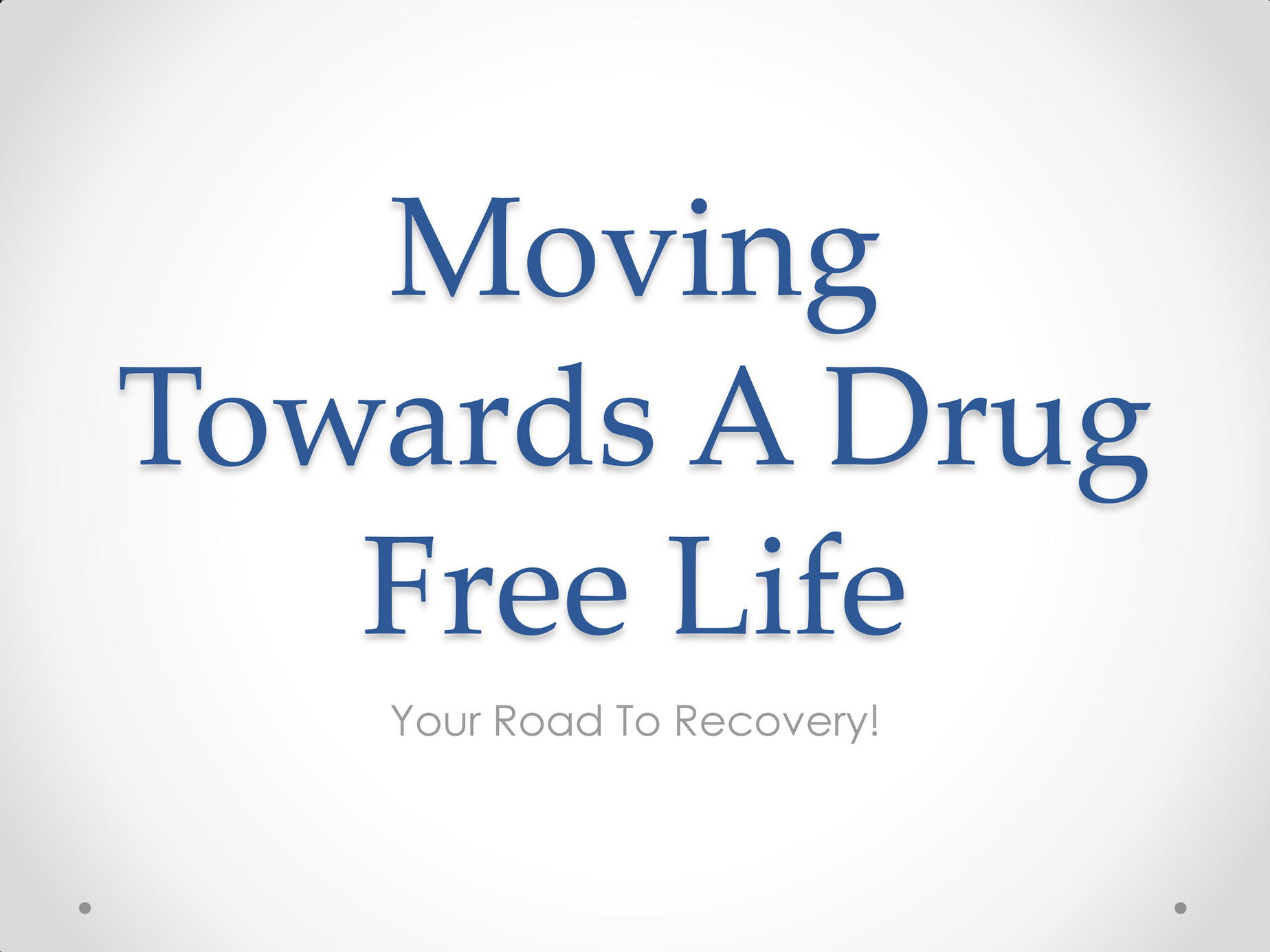The Bahá’í teachings advocate for a harmonious existence that transcends mere physical well-being, emphasizing the integral connection between spirituality, morality, and lifestyle choices. A paramount aspect of this philosophy is the promotion of a drug-free life, which aligns with the tenets of personal development and social progress inherent in the Bahá’í Faith. This article delves into the spiritual benefits of embracing a drug-free existence, revealing how such a commitment can catalyze profound transformations in one’s life and ultimately contribute to the collective advancement of society.
At the core of Bahá’í teachings lies the concept of the oneness of humanity, which encourages individuals to recognize their intrinsic relationship with others and the universe. This perspective shifts the focus from self-indulgence to communal responsibility. Drug use often leads to isolation, an antithesis to the Bahá’í principle of unity. By refraining from substances that impair clear thought and rational judgment, individuals enhance their capacity to engage meaningfully with their fellow beings. The spiritual clarity gained allows for a deeper understanding of oneself and one’s place within the grand tapestry of existence.
Moreover, the commitment to a drug-free life fosters a profound spiritual awakening. The Bahá’í writings advocate for the cultivation of virtues such as wisdom, courage, and compassion. Substances that alter one’s state of consciousness can obstruct the path to these virtues. In their natural state, without the influence of drugs, individuals can achieve heightened awareness and a keener insight into the spiritual realm. This facilitates a firmer grasp of divine mysteries and enhances one’s ability to reflect on moral and ethical dilemmas with clarity and discernment.
In the Bahá’í Faith, individual development is intrinsically linked to the community’s progress. Embracing sobriety not only benefits the individual psyche but also contributes to the broader fabric of society. A drug-free life fosters resilience, mental stability, and emotional maturity. These qualities are invaluable for active community participation. When individuals are unencumbered by the shackles of addiction, they are better equipped to serve others, thus fulfilling their role as agents of positive change in their communities.
Furthermore, the spiritual benefits of a drug-free life extend into the realm of service. The Bahá’í teachings emphasize the importance of commitment to the betterment of society through acts of service. A clear mind and sober body enable individuals to discern the needs of others and respond aptly. This pursuit of service not only cultivates a sense of purpose but also positions individuals to establish meaningful relationships based on trust and reciprocity. Engaging in service amidst clarity fortifies one’s spiritual and moral foundations, nurturing a fulfilling sense of belonging and connectedness.
In addition, the Bahá’í view of life emphasizes the importance of education – both spiritual and secular. The engagement with intellectual pursuits is significantly hindered by the mental fog induced by drug use. Consequently, adopting a drug-free lifestyle allows for the cultivation of knowledge and wisdom, which are highly regarded in Bahá’í teachings. An unclouded mind can pursue learning with vigor, fostering the critical thinking and analytical skills essential for contributing thoughtfully to discussions about global challenges. Such an education not only elevates personal understanding but also equips individuals to enact transformative change within their environments.
The notion of personal transformation is central to the Bahá’í narrative. The journey towards a drug-free life can be seen as a profound metamorphosis. By relinquishing dependency on substances, individuals inevitably confront deeper emotional and psychological issues. This confrontation, while challenging, can be immensely liberating. It provides an opportunity for introspection and growth, serving as a catalyst for spiritual rejuvenation. Such personal transformation becomes an enduring testament to the resilience of the human spirit and the potential for renewal, thus aligning with the Bahá’í vision of ongoing personal development.
Additionally, the spiritual benefits of a drug-free life resonate with the concept of divine support. The Bahá’í teachings articulate that reliance on God brings strength and solace. Individuals who choose sobriety often find themselves more attuned to the divine, experiencing a palpable sense of grace guiding their decisions and actions. When free from the distractions and deceptions brought on by drug use, one can better perceive the signs and guidance from God, fostering a profound connection to the spiritual source of sustenance.
Ultimately, the spiritual benefits of a drug-free life are manifold, extending beyond the individual to embrace the community at large. The Bahá’í teachings provide a framework that elucidates the importance of living consciously, nurturing one’s spiritual health, and fostering unity among all people. It is a reminder that the path to a drug-free life is not merely a personal endeavor but a collective mission to uplift humanity and harness the best of our shared instincts.
Choosing a life free of drugs is indeed a compelling venture into the depths of one’s spirituality, beckoning individuals to participate in a dynamic quest for truth, unity, and purpose. This journey signifies a commitment to personal growth, community service, and a larger vision of upliftment, all deeply rooted in the Bahá’í principles that guide our interactions and aspirations. Hence, let us embrace a drug-free life, enriching our spirits while contributing to the vision of a harmonious world.
